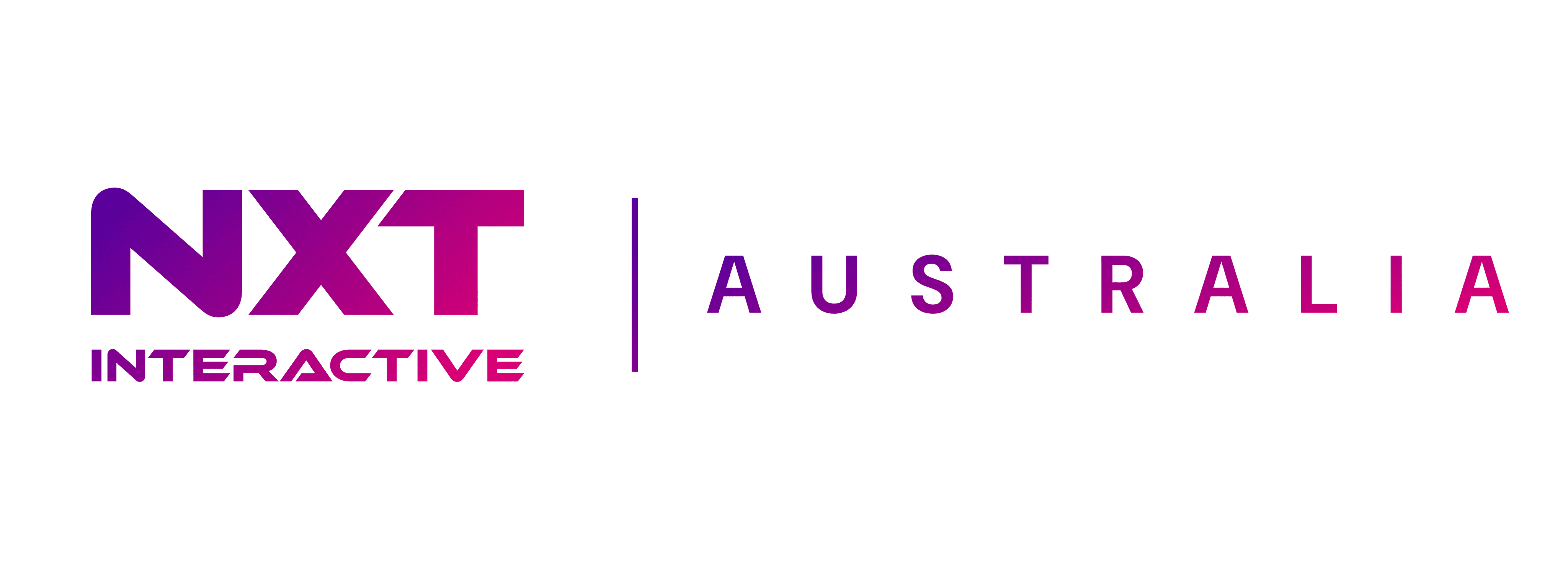Use VR for Developing Soft Skills
May 21, 2024
Introduction
Soft skills have traditionally been honed through direct interactions with colleagues, clients, and other stakeholders on the job. Training employees in these essential skills is challenging due to the unique ways individuals react in similar situations, making a "one size fits all" approach largely ineffective. However, practicing these skills in virtual reality (VR) offers a personalized and immersive experience that can significantly enhance soft skills development.
Imagine the challenge of preparing employees for presentations to directors, delivering sales pitches to new clients, handling media ambushes, or conducting employee layoffs. Without VR, these scenarios are difficult to simulate effectively. But what exactly is virtual reality?
What is Virtual Reality?
Virtual reality refers to a simulated three-dimensional environment that users can explore and interact with through a VR headset, providing a fully immersive experience. While VR is often associated with gaming, its applications extend far beyond, including healthcare, real estate, marketing, and notably, corporate training.
For instance, an employee can wear a VR headset and find themselves in a virtual conference room, practicing a speech to an audience. This approach is far more realistic and effective than practicing alone in front of a mirror or with a colleague.
How VR Enhances Soft Skills Development
Virtual reality bridges the gap between online classes and traditional face-to-face training by enabling learners to practice various business scenarios in a realistic, interactive manner. This preparation is invaluable when employees face similar situations in the workplace.
Consider an employee needing to practice giving difficult feedback during a performance review. By donning a VR headset, they can enter a virtual meeting room and interact with a colleague represented as an avatar. The avatar can respond to the user's feedback, reacting to specific keywords with pre-loaded replies. With advancements in AI, speech-to-text, and text-to-speech technologies, these avatars can engage in real-time conversations, providing a realistic practice environment.
Immersive Learning
Immersive learning is at the forefront of VR-based training, revolutionizing soft skills development. This approach allows learners to engage actively with realistic scenarios, honing essential skills such as communication, leadership, and emotional intelligence. In a virtual setting, they navigate complex workplace situations, receive real-time feedback, and refine their abilities with precision. Immersive learning effectively bridges the gap between theoretical knowledge and practical application, offering a safe and engaging space for employees to develop their soft skills.
Continuous Feedback and Improvement
Feedback is crucial for skill improvement. In VR training, users receive instant feedback on their performance, highlighting areas for improvement. Learning managers can assess employees' capabilities before and after training, a process traditionally difficult with soft skills.
Customization and On-Demand Training
Customization is vital in soft skills development, and VR allows organizations to tailor training modules to specific needs. This creates an on-demand training environment that adapts to individual skill gaps. For example, VirtualSpeech replicated the Vodafone UK Pavilion in VR to facilitate presentation skills practice. Employees can immerse themselves in various simulated environments, upload their presentation slides, and receive instant automated feedback.
Cost-Effective at Scale
While creating bespoke VR experiences can be costly initially, the return on investment (ROI) becomes favorable over time. VR training requires less time than classroom and e-learning courses, making it a cost-effective solution for large workforces. Pre-developed VR content, such as VirtualSpeech's soft skills training modules, can be a cost-effective alternative. Cloud-based VR training further enhances scalability, making geographical limitations redundant.
Faster Training and More Focused Employees
Studies show that employees complete VR training faster than traditional classroom and e-learning environments. According to reports by VirtualSpeech and PwC, employees trained 3-4 times faster in VR compared to classroom settings and 1.5 times faster than e-learning. VR's immersive nature also results in fewer distractions, leading to more focused training sessions. VR-trained learners were up to four times more focused than their e-learning peers and 1.5 times more focused than their classroom peers.
Building Confidence
Research indicates that users trained in VR are more confident in applying what they've learned. VirtualSpeech found that 86% of people felt more confident after VR training, and 95% said that practicing in VR better prepared them for real-world situations. Confidence is a critical driver of success in soft skills, and VR training provides a safe environment to practice difficult scenarios, such as managing poor performance meetings.
Additional Benefits for Soft Skills Development
Data Capture and Performance Tracking: VR allows for unprecedented behavioral data capture, providing objective insights into performance and justifying ROI through measurable progress.
On-Demand Repetition: VR enables users to practice anytime, anywhere, increasing knowledge retention and overcoming the Ebbinghaus Forgetting Curve. Repeated practice helps users become comfortable with soft skill scenarios and better prepared for real-world applications.
Simulating Randomness: VR can simulate various random actions, requiring users to react accordingly. For example, a media ambush scenario created by VirtualSpeech challenges users with unexpected questions from reporters.
Independent Practice: VR allows users to practice independently, addressing the discomfort some may feel when practicing soft skills in front of others. This independence can be especially beneficial in enhancing confidence and reducing anxiety.
Types of VR for Soft Skills Development
360-Degree Videos: Realistic environments are filmed with a 360-degree camera, capturing human emotions accurately. This method is ideal for scenarios requiring genuine emotional interactions.
Passive VR: Users interact minimally with others, focusing on environments like large conference halls. This approach is suitable for presentation practice.
Interactive VR: Users engage with avatars and interactive elements, suitable for meetings, sales pitches, and scenarios requiring reactive avatars.
Conclusion
VR is transforming soft skills training, offering a more effective alternative to traditional methods. As the VR industry continues to grow, so does its capacity to revolutionize corporate training. If your organization could benefit from VR training for soft skills, consider exploring this innovative technology to enhance your employees' development and performance.







